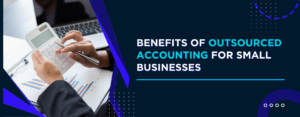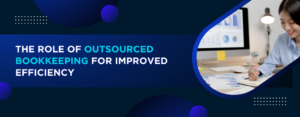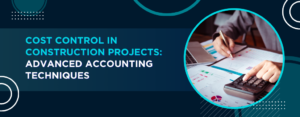Accounts Payable Automation Challenges for Restaurant Businesses
Ensuring that customers have the best dining experience is the top priority for many restaurant…
Unpacking the Numbers: A Guide to Accounting Principles and Standards
Are you looking for ways to manage your company finances in the USA effectively? Here…
Importance of Accounting in Healthcare Industry
Accounting in healthcare has distinct features that aren’t present in general or business accounting. Every…
Bookkeeping for Construction Companies: Essential Tips
Bookkeeping for construction companies isn’t easy and calls for a unique strategy. An example is…
Benefits of Outsourced Accounting for Small Businesses
Outsourced accounting for small businesses is more common today for many compelling reasons. Often, small…
The Role of Outsourced Bookkeeping For Improved Efficiency
Have you launched your business in the USA and recorded sales? Are you thinking of…
Cost Control in Construction Projects: Advanced Accounting Techniques
“Global Cost Survey” by Deloitte shows that 86% of respondents rank cost reduction for achieving…
Why Hire a Limited Company Accountant?
Effective financial management is one of the many duties of running a limited business, and…
The Ultimate Guide to Accounting Offshoring: Unlocking Growth with Offshore Accounts
Keeping accurate books is crucial to running a successful company in the USA. You can…









